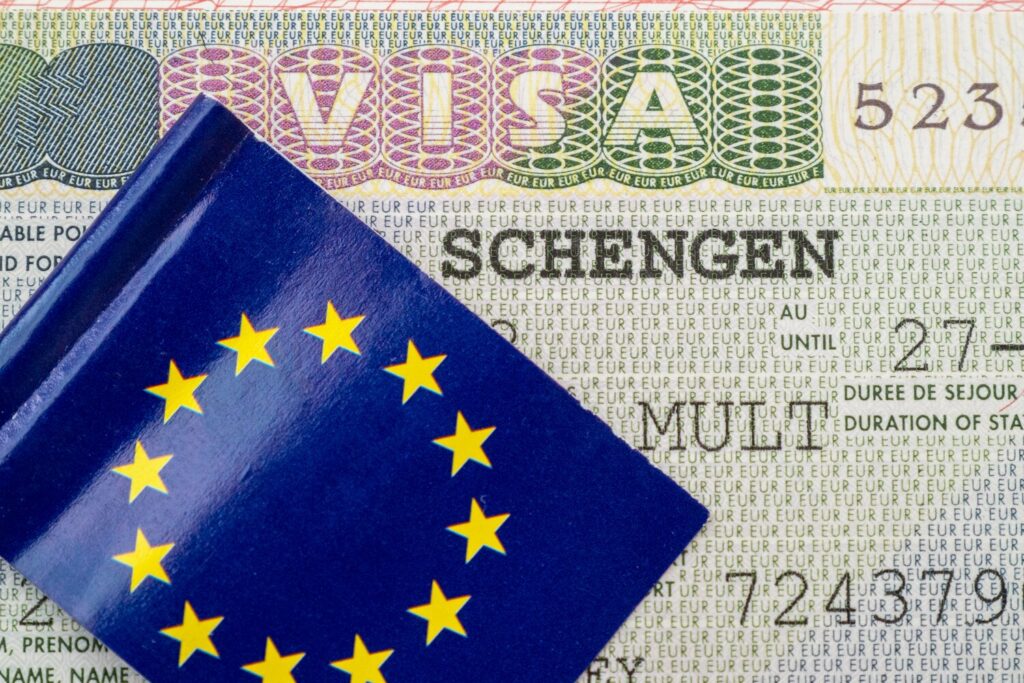
Bulgaria and Romania Officially Join The Schengen Zone
Attention digital nomads – we’ve got an important update for you! Traveling through Europe this summer just got easier as Bulgaria and Romania have now officially joined the Schengen zone as of March 31, 2024. This means that travelers already in the Schengen zone will not have to go through any border checks when crossing borders by sea or air. But there’s a catch.
Due to a vote from Austria, citing concerns about a potential surge in the number of asylum seekers entering Europe, you will still need to go through immigration when crossing land borders into both Bulgaria and Romania. Despite the existing land restrictions, the newest Schengen countries are celebrating, as citizens and residents will no longer have to wait in line when crossing into 27 other Schengen zone countries. Schengen rules will now apply to four seaports and 17 airports including Bucharest’s largest, Otopeni airport. To ensure security and compliance with Schengen regulations, increased border police and immigration officers will be deployed at these points of entry.
Digital nomads should note that unlike Croatia, the most recent member to join the Schengen in January 2023, Bulgaria and Romania will not be immediately adopting the euro. Bulgaria will still use the lev (BGN) while Romania will continue to use the leu (RON). According to Bloomberg, Bulgaria hopes to adopt the euro in early 2025 while Romania’s finance minister intends to bring Romania into the eurozone by 2026.
An end to the non-Schengen Digital Nomad hubs
Travelers who are not citizens or residents of Schengen zone countries must only spend 90 days out of a 180-day period in the Schengen zone. Because of this requirement, Bulgaria and Romania used to be popular with digital nomads as places to stay while waiting the required 90 days before they could reenter the Schengen zone. Now that Bulgaria and Romania have joined the Schengen, time spent in these countries will count towards the 90-day period in Schengen. One might think that this would certainly mean a decrease in the number of non-Schengen digital nomads traveling to these two countries. However, if Bulgaria and Romania remain cheaper than many other established Schengen countries, this may not necessarily be the case. It all depends on how much time non-Schengen nomads were already spending in established Schengen countries.
What’s in store for the future
If nomad travel to Bulgaria and Romania does decrease due to the Schengen changes, you will likely see an uptick in digital nomads from non-Schengen countries traveling to bordering countries that remain outside of the Schengen zone such as Serbia, Albania, North Macedonia, Montenegro, and Georgia. Perhaps, the latest trend will be non-Schengen resident nomads crossing land borders into Bulgaria and Romania, which would technically be an exit from the Schengen zone.
Despite the need for non-Schengen resident digital nomads to shift their travel schedules, the partial inclusion of Bulgaria and Romania represents a step forward in the ongoing journey towards a more integrated, free-moving European continent. If you haven’t visited these countries before, this is certainly an exciting year to visit



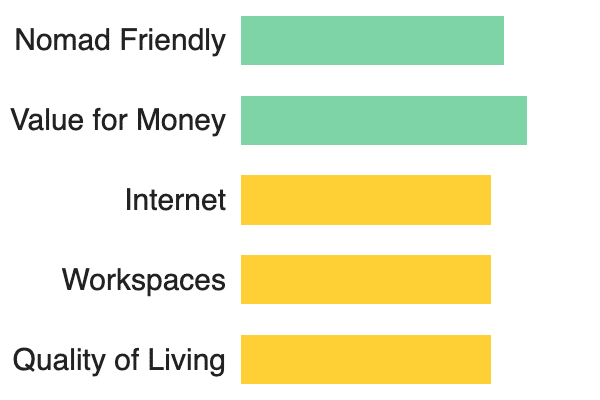

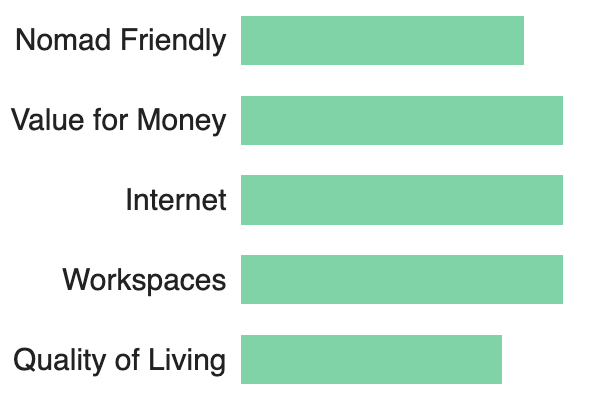

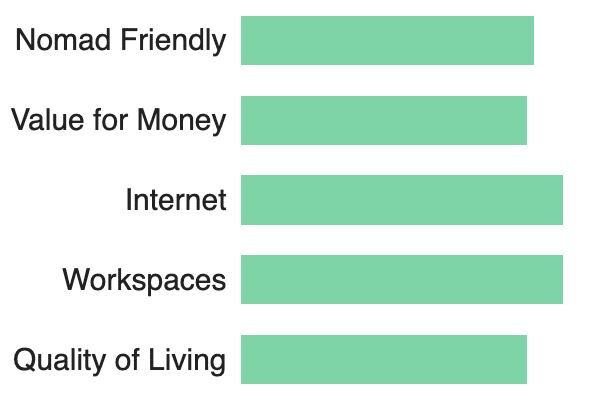
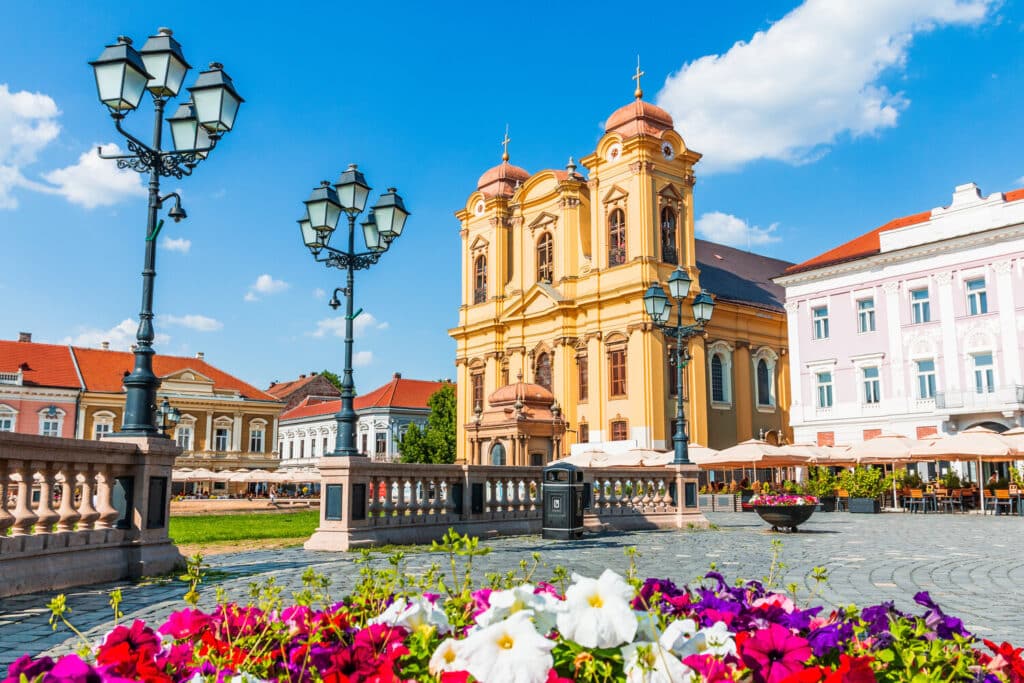
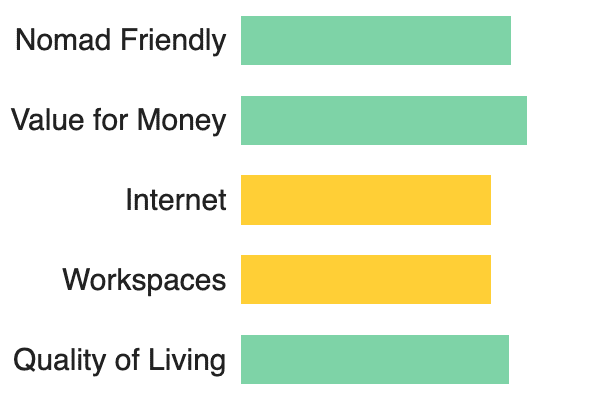


Responses